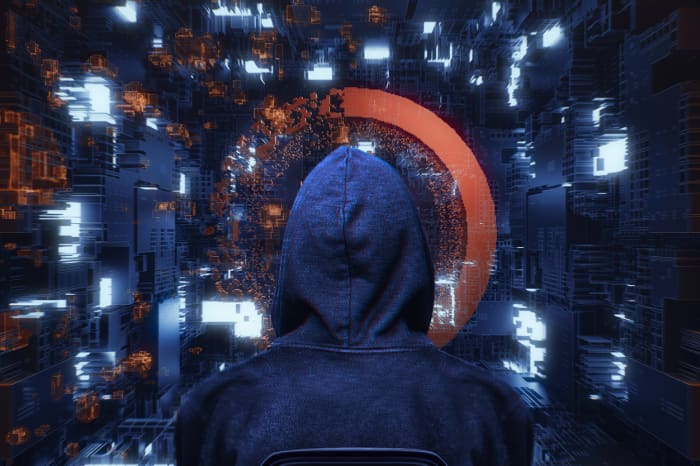This post was originally published on this site
https://images.mktw.net/im-42312551A previous version of this article incorrectly referred to Hong Kong public broadcaster RTHK. The story has been corrected.

A Hong Kong worker was duped into handing over $25 million following an AI generated conference call impersonating colleagues.
Getty Images
““This time, in a multi-person video conference, it turns out that everyone you see is fake.””
A Hong Kong multinational company has learned firsthand how artificial intelligence can be used for bad after an employee unwittingly handed over HK$200 million ($25.5 million) following a conference call that turned out to be completely fake.
The clerk was initially invited last month to a video conference call from what appeared to be the company’s chief financial officer, according to a report via public broadcaster RTHK and the South China Morning Post on Monday.
Once meeting time rolled around, the clerk was greeted by voices and appearances matching colleagues, and followed instructions to carry out 15 transactions worth HK$200 million to five local bank accounts. The worker only later realized something was amiss after speaking with the company head.
“I believe the fraudster downloaded videos in advance and then used artificial intelligence to add fake voices to use in the video conference,” said Baron Chan Shun Ching, acting senior superintendent in the Cyber Security unit of Hong Kong’s police department, said in a press conference aired by RTHK.
Deepfakes refers to images, videos or audio snippets that have been falsified using computer generation.
“In the past, we would assume these scams would only involve two people in one-on-one situations, but we can see from this case that fraudsters are able to use AI technology in online meetings, so people must be vigilant even in meetings with lots of participants,” he said.
U.S. regulators last month warned investors over the increasing prevalence of deepfakes, such as the use of AI to impersonate a grandchild asking grandparents for money or a faked video of a company CEO making a stock-sensitive announcement. The World Economic Forum last month listed AI-generated false information as a top risk to the global economy.
That’s as many fear what could come this year with the first U.S. presidential election in which AI tools are readily available. Oren Etzioni, an artificial intelligence expert and professor emeritus at the University of Washington, told PBS late last year, that he expects a “tsunami of misinformation.”
Following deepfake explicit images of Grammy winner Taylor Swift that went viral on social media last month, a bill was introduced by bipartisan senators to criminalize the spread of “digital forgeries.”


